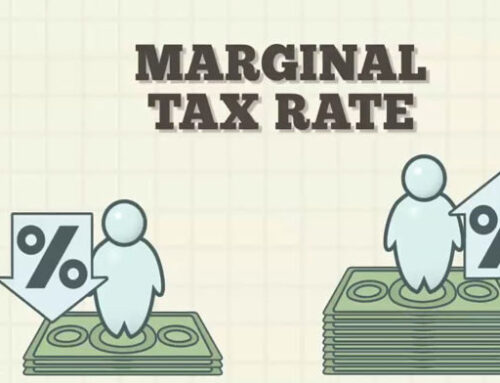As businesses scale, the need for extracting valuable insights from financial metrics becomes crucial. To make informed decisions quickly and efficiently, companies often require a higher level of precision in their financial management for Value of Fractional Controllership. One significant step toward achieving this is transitioning from cash-based bookkeeping to accrual-based bookkeeping. However, companies can take things a step further by enlisting the expertise of a skilled controller. In this blog post, we explore the value of fractional controllership, the benefits they bring to a finance team, and how both in-house and value of fractional controllership can contribute to a company’s financial success.
1. Understanding the Value of Fractional Controllership
A controller holds a vital position in every company’s finance department, overseeing various duties and responsibilities. While the specific tasks may vary depending on the organization’s size and structure, a controller typically takes charge of:
- Managing the accounting staff
- Ensuring timely completion of month-end procedures
- Preparing month-end and annual financial statements
- Streamlining year-end financial reporting through well-prepared working papers
- Establishing and enforcing accounting policies for the entire finance team
- Providing strategic planning and financial advice
- Monitoring and managing Key Performance Indicators (KPIs)
The controller collaborates with bookkeeping, payroll, and accounts payable/receivable teams, utilizing their financial acumen to summarize the day-to-day financial information and act as a liaison between the finance team and higher management.

Also Read: Are Gifts To Customers And Business Associates Deductible Expenses?
2. In-House vs. Fractional Controller
While a controller plays a crucial role in the finance department, hiring a full-time controller can be expensive for some companies. In such cases, Value of Fractional Controllership businesses have two options: hiring an in-house controller or opting for a fractional controller.
a. In-House Controller
An in-house controller is a dedicated, full-time employee of the company. This option suits organizations that require constant, hands-on financial oversight and can afford the cost of a full-time controller.
b. Fractional Controller
A fractional controller, on the other hand, provides part-time services to multiple companies. This option is ideal for businesses that may not need a full-time controller yet, or may not have the budget to accommodate one. Fractional controllers offer valuable expertise while optimizing costs.
3. How a Fractional Controller Can Benefit Your Company
Hiring a fractional controller can significantly enhance your company’s financial management. Here are some valuable controllership services that fractional controllers, such as ConnectCPA, can provide:
a. Month-End Closing Procedures
Ensure accurate revenue and deferred revenue entries to reflect the timing of events, such as allocating upfront annual subscription payments over twelve months.
b. Ensuring Prepaid Entries
Properly categorize annual subscription payments or expenditures over the relevant periods to match financial reporting accurately.
c. Month-Over-Month Variance Analysis
Analyze financial data from one month to another to identify significant changes or discrepancies, providing early detection of potential issues.
d. Budget vs. Actual Analysis
Compare budgeted figures with actual results to set goals, identify performance gaps, and make necessary adjustments to achieve targets for Value of Fractional Controllership.
e. Margin Analysis
Analyze gross margin to understand expenditure contributions to revenue and optimize operational efficiency.
f. Cash Flow Forecasting
Develop cash flow forecasts to plan for future viability, make adjustments to achieve goals, and ensure sustained financial health.

Also Read: Are tipping subject to taxation in Canada?
Conclusion
As companies grow, precision in financial management becomes essential. A controller plays a crucial role in ensuring accurate financial reporting and providing strategic guidance. While hiring an in-house controller is suitable for some businesses, others can benefit from the expertise of a value of fractional controllership, optimizing costs while gaining valuable financial insights. Consider your company’s needs and resources when deciding which option is right for you.
Recent Posts
FAQ
What is the purpose of analyzing financial data from one month to another?
The purpose of analyzing financial data from one month to another is to identify significant changes or discrepancies and provide early detection of potential issues. This process helps businesses closely monitor their financial performance over time, enabling them to take timely corrective actions and make informed decisions.



